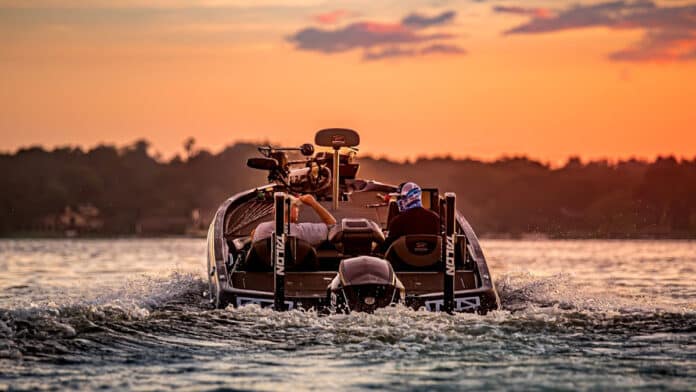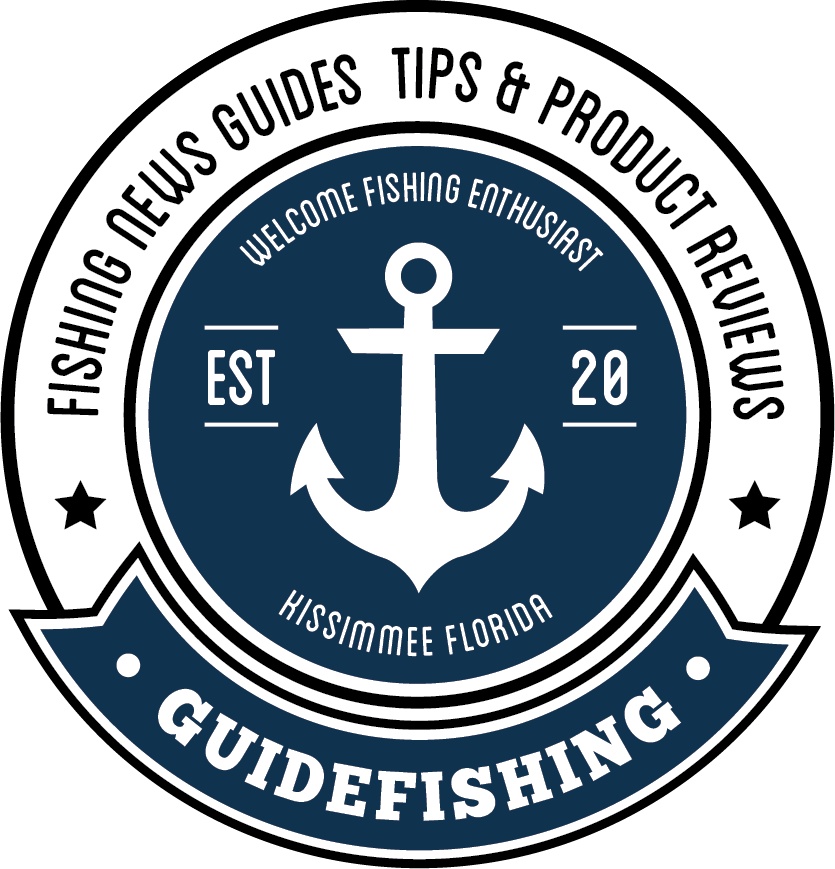Bass fishing is a popular recreational activity enjoyed by millions of people around the world. Whether you’re a seasoned pro or a novice angler, understanding the impact of barometric pressure on bass fishing can help you increase your chances of catching that big one.
Barometric pressure is the measure of the weight of the atmosphere above a particular location. Changes in barometric pressure can affect fish behavior, as well as their feeding patterns. Here’s what you need to know about how barometric pressure affects bass fishing and how you can use this knowledge to improve your angling skills.
How Atmospheric Pressure Effects How Bass Eat
High Barometric Pressure
When the barometric pressure is high, fish tend to be less active, which can make them harder to catch. This is because high pressure typically means clear skies and calm weather, which can make fish feel more secure and less likely to move around in search of food.
As a result, anglers may need to use more finesse techniques, such as slow-rolling a spinnerbait or using live bait, to entice fish to bite.
Low Barometric Pressure
Conversely, when the barometric pressure is low, fish tend to be more active and aggressive. This is because low pressure often means cloudy skies, wind, and precipitation, which can make fish feel less secure and more likely to move around in search of food.
Anglers can take advantage of this by using more aggressive tactics, such as topwater lures, to trigger strikes.
Falling Barometric Pressure
One of the most significant changes in barometric pressure that can impact bass fishing is when it is falling rapidly. This can signal an incoming storm, and fish often feed aggressively before a storm front hits.
Anglers should take advantage of this by using fast-moving lures and covering as much water as possible. However, once the front arrives, fishing can become challenging, and anglers may need to switch to more finesse techniques.
Rising Barometric Pressure
Conversely, when the barometric pressure is rising rapidly after a storm front has passed, fish often become less active and can be more challenging to catch. Anglers may need to use more finesse techniques and target deeper water or structure to find fish.
In conclusion, understanding how barometric pressure affects bass fishing can give anglers an edge in catching more fish. By paying attention to changes in pressure and adjusting their tactics accordingly, anglers can improve their chances of success on the water. Remember, bass fishing is a complex sport, and there are many factors that can impact fish behavior, but understanding the role of barometric pressure is a crucial step in becoming a better angler.
How Atmospheric Pressure Effects How Deep Bass Will Be
The impact of barometric pressure on the depth of bass can be complicated, and there is no straightforward answer to this question. However, there are some general trends that anglers may want to keep in mind.
High Barometric Pressure: How it Affects the Depth of Bass Fishing
When the barometric pressure is high, bass may be more likely to move to deeper water, where they feel more secure. This is because high pressure is often associated with clear skies and calm weather, which can make fish feel vulnerable to predators. Anglers may need to adjust their tactics accordingly and target deeper water or structure to find fish.
Low Barometric Pressure: How it Affects the Depth of Bass Fishing
Conversely, when the barometric pressure is low, bass may be more likely to move to shallower water or cover, where they feel more secure. This is because low pressure is often associated with cloudy skies, wind, and precipitation, which can create cover and make fish feel more comfortable. Anglers can take advantage of this by targeting shallower water or using lures that mimic baitfish hiding in cover.
Falling Barometric Pressure: How it Affects the Depth of Bass Fishing
When the barometric pressure is falling rapidly, bass may move to shallower water and feed aggressively before a storm front hits. Anglers can take advantage of this by using fast-moving lures and covering as much water as possible. However, once the front arrives, fishing can become challenging, and bass may move to deeper water.
Rising Barometric Pressure: How it Affects the Depth of Bass Fishing
Conversely, when the barometric pressure is rising rapidly after a storm front has passed, bass may become less active and move to deeper water or structure. Anglers may need to use more finesse techniques and target deeper water to find fish.
In summary, the impact of barometric pressure on the depth of bass can vary depending on the specific conditions and other factors. Anglers should pay attention to changes in pressure and adjust their tactics accordingly to increase their chances of success on the water.



